| | Uganda’s FX headache, South Africa election poll, an outspoken Ethiopian is killed, and (potentially͏ ͏ ͏ ͏ ͏ ͏ |
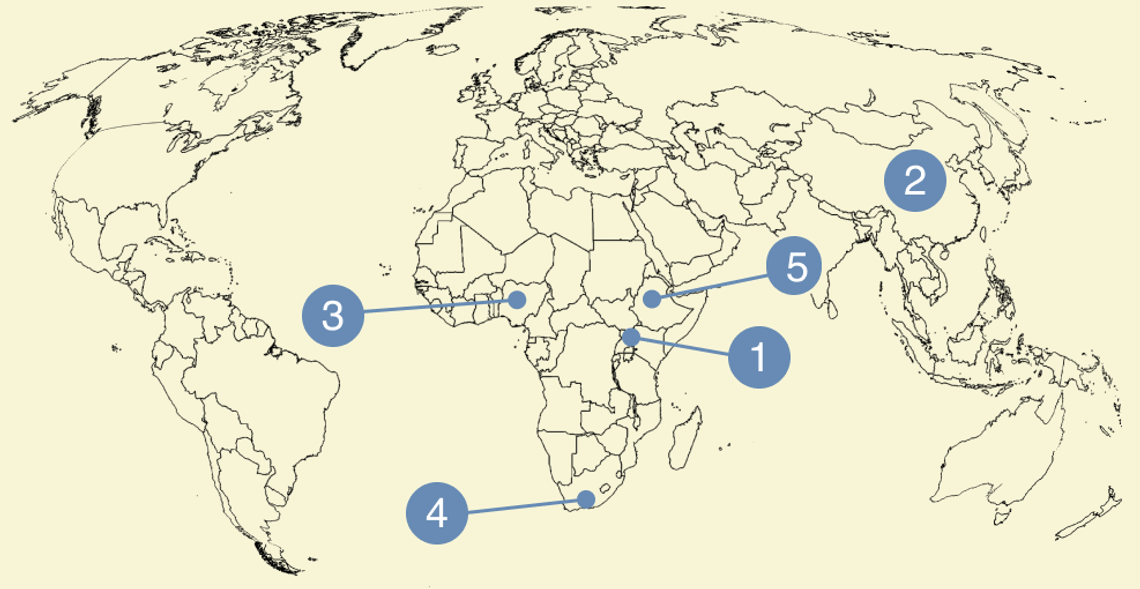 - Uganda’s forex decline
- China’s energy loans
- Bring Back Our Girls
- ANC v Zuma
- A high profile killing
Also, an old rock that might be ancient art. |
|
 Hello! Welcome to Semafor Africa. The kidnap of almost 300 schoolgirls in northeast Nigeria a decade ago marked the start of a new era in several ways. The abduction of the Chibok girls spawned several copycat attacks across northern states in Africa’s most populous country. It also began a period in which Nigerian gangs turned kidnap for ransom into an industry, as Alexander Onukwue and Hamza Ibrahim explain in this edition’s main story. I reported extensively across northern Nigeria for several years after the Chibok abductions. With hindsight, coverage of that mass abduction in April 2014 was also the first time the world’s media shone a spotlight on Nigeria in the age of a frenetic, social media-driven 24-hour news cycle. Months earlier, in February 2014, Boko Haram gunmen killed dozens of boys at a boarding school they burned down. But, without the same social media response, their plight wasn’t widely reported. The #BringBackOurGirls campaign meant the world finally learned of the atrocities being carried out by Boko Haram, a militant group that had been operating for around five years by the time the girls were kidnapped. That coverage led to the now-famous image of Michelle Obama, then the first lady in the U.S., holding a #BringBackOurGirls placard. The raised profile of security in Nigeria increased global awareness of other issues in the country. And when the #EndSARS protests against a police unit took hold in 2020, campaigners again turned to social media to amplify their voice globally. Changes by Meta to deprioritize news, along with Elon Musk’s ownership of X in which verification of users has been de-emphasized, mean that period is almost certainly over. But a global interest in the underlying issues that drive news events in Nigeria, and other parts of the continent, has remained. 🟡 Follow us on social media here and WhatsApp. And if this email was forwarded to you, sign up here to get it in your inbox too. |
|
Uganda’s foreign reserves are shrinking |
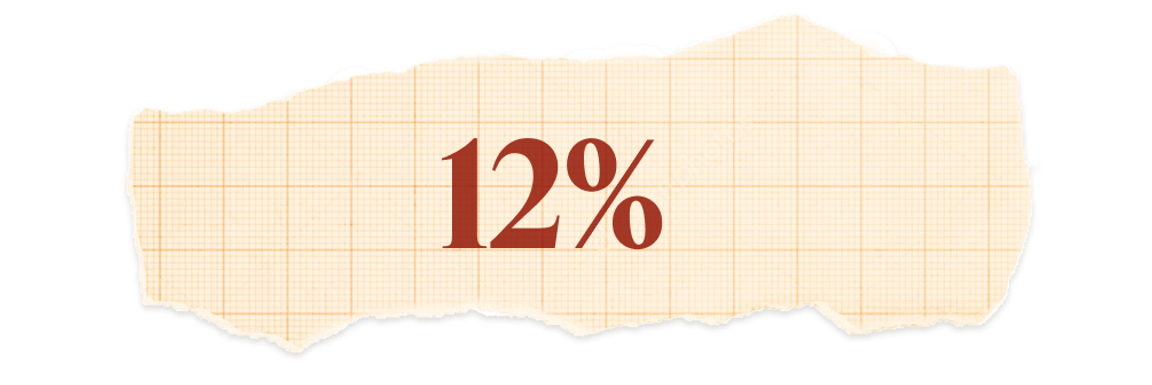 The decline in Uganda’s foreign exchange reserves between June 2023 and January 2024. The central bank said the drop was due to external debt payments and the weakening of the Ugandan shilling, which hindered its ability to purchase foreign currency. The country’s reserves fell from $4.07 billion in June to about $3.58 billion at the end of January, the equivalent of more than three months of import cover, excluding oil project-related imports. |
|
How China has invested in Africa |
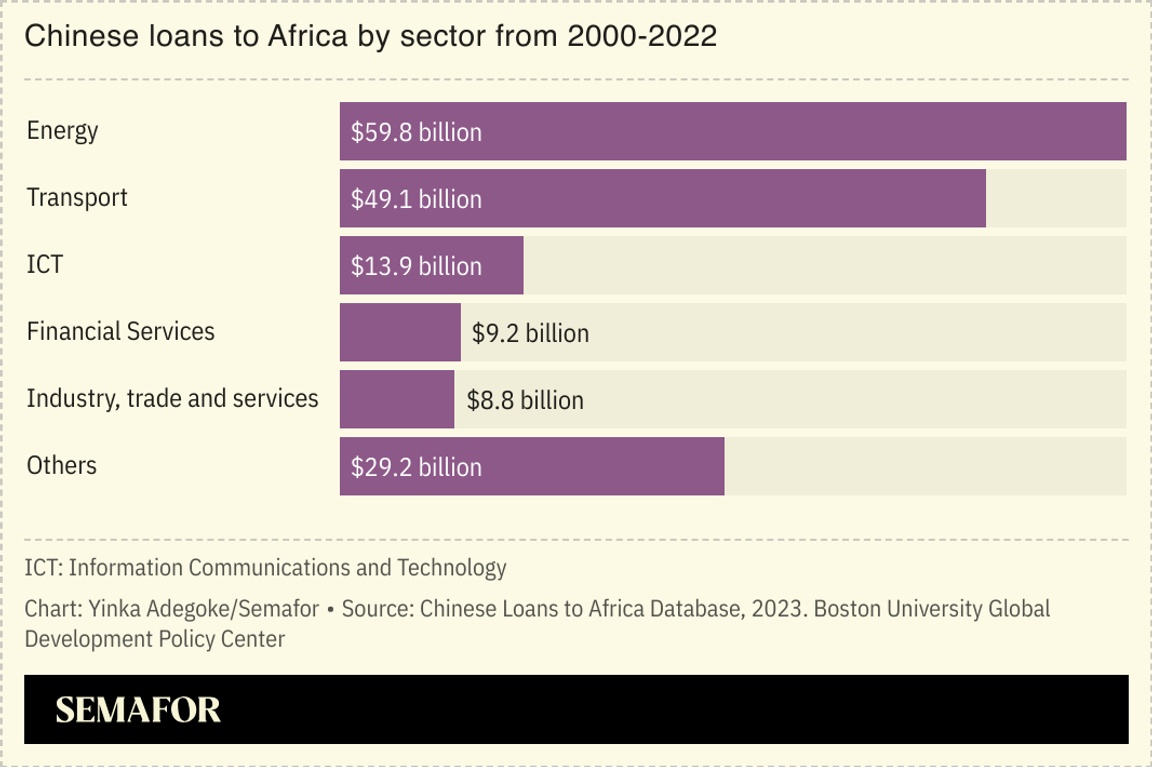 While much of the narrative around Chinese investment in Africa over the past two decades has emphasized infrastructure such as roads and bridges, the largest chunk of loans made by Chinese institutions to African governments and entities has been in energy. That focus on energy breaks out into investments in electrification infrastructure and investments in extraction for both carbon-based fuels and green transition minerals, explains a report from Boston University’s Global Development Policy Center. Energy accounted for 35% of loans in the period from 2000 to 2022 while transport accounted for around 29%. China’s two primary development finance institutions, the Export-Import Bank of China and the China Development Bank, were the dominant lenders with 79% of all loans reaching $134 billion in sovereign loans to 47 African countries and several regional institutions. |
|
Dozens of Nigeria’s Chibok girls remain in captivity 10 years after abduction |
| | Alexander Onukwue and Hamza Ibrahim |
| |
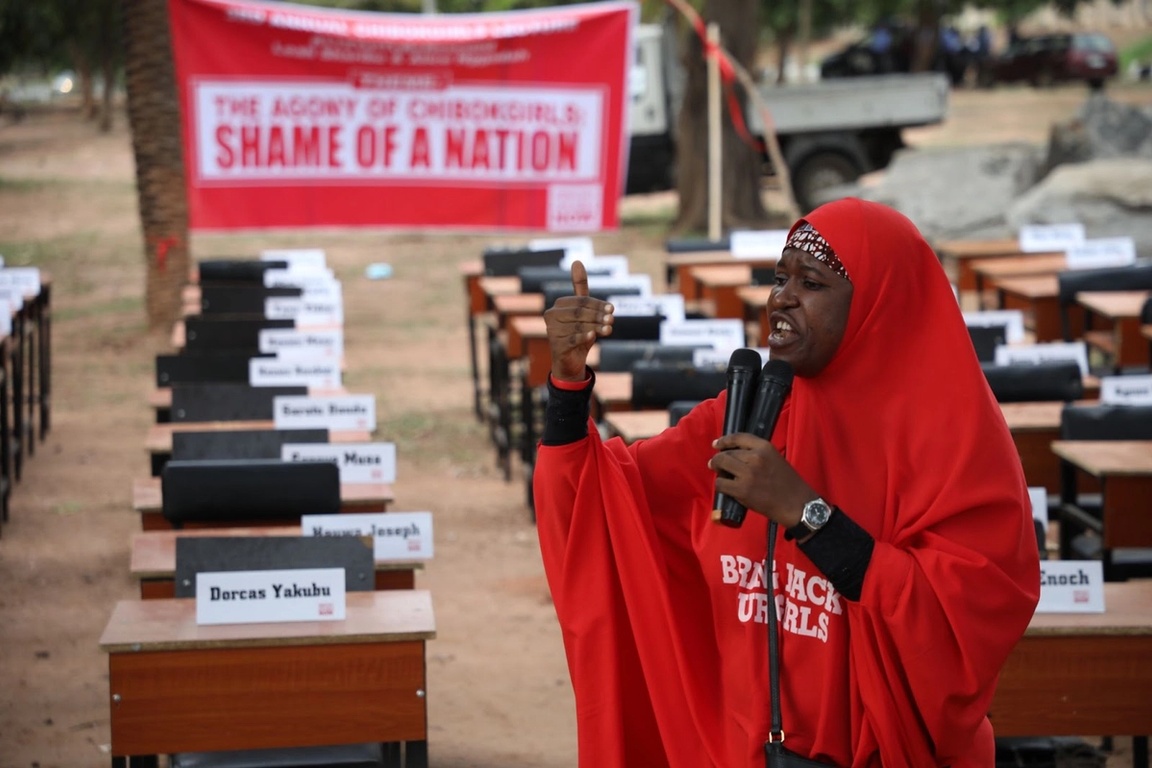 A Bring Back Our Girls campaigner, by Kola Sulaimon/AFP via Getty Images A Bring Back Our Girls campaigner, by Kola Sulaimon/AFP via Getty ImagesLAGOS/KANO — Ten years after nearly 300 girls were abducted from a school in the northeast Nigerian town of Chibok by jihadist group Boko Haram, a third of them are still being held and mass kidnappings have become a lucrative industry for criminal gangs across the country. The Chibok girls were kidnapped on April 14, 2014. Raiding a government girls’ secondary school that night, terrorists forced teenage girls onto trucks and drove them away through bush paths to a 128,000-acre forest. Of the 276 abducted girls, those who have regained freedom include 57 who jumped off the trucks and 128 others freed after negotiations with Boko Haram or found in neighboring countries. The most recent rescue happened last year, with the return of five girls who were found with seven children they had given birth to during captivity. Overall, 21 of the freed girls returned with 34 children, according to a report by Murtala Muhammed Foundation, a gender and policy advocacy non-profit in Lagos. About a third of the kidnapped girls are believed to still be held by Boko Haram. Muhammed-Oyebode said the fact that dozens remain missing was due to “a failure of intelligence and governance,” adding: “We still don’t have a rapid response warning system when school children are abducted.” A kidnap-for-ransom economy, driven by criminal gangs known as bandits, has developed over the last decade. Abductions have affected between 1,400 and 5,000 school children since 2014, various estimates suggest. Most recently, 137 primary school children were abducted in March in Kaduna, near Nigeria’s capital Abuja. “The abduction of Chibok girls has absolutely inspired the generation of bandits we have now,” Yahuza Getso Ahmad, a security consultant in Abuja, told Semafor Africa. |
|
South Africa election poll highlights Zuma’s impact |
South Africa’s ruling African National Congress (ANC) may see a sharp drop in support in next month’s election, according to a new survey that suggests a new party backed by former president Jacob Zuma will take some of its voters. The survey, by the Social Research Foundation (SRF) think tank, provides a snapshot of voter preferences ahead of the May 29 election. It shows the ANC, which needs 50% of the vote to continue governing without entering into a coalition with smaller parties, could win as little as 37%. Meanwhile, Zuma’s Umkhonto we Sizwe party (MKP), was the third most popular party in the survey, with 13%. 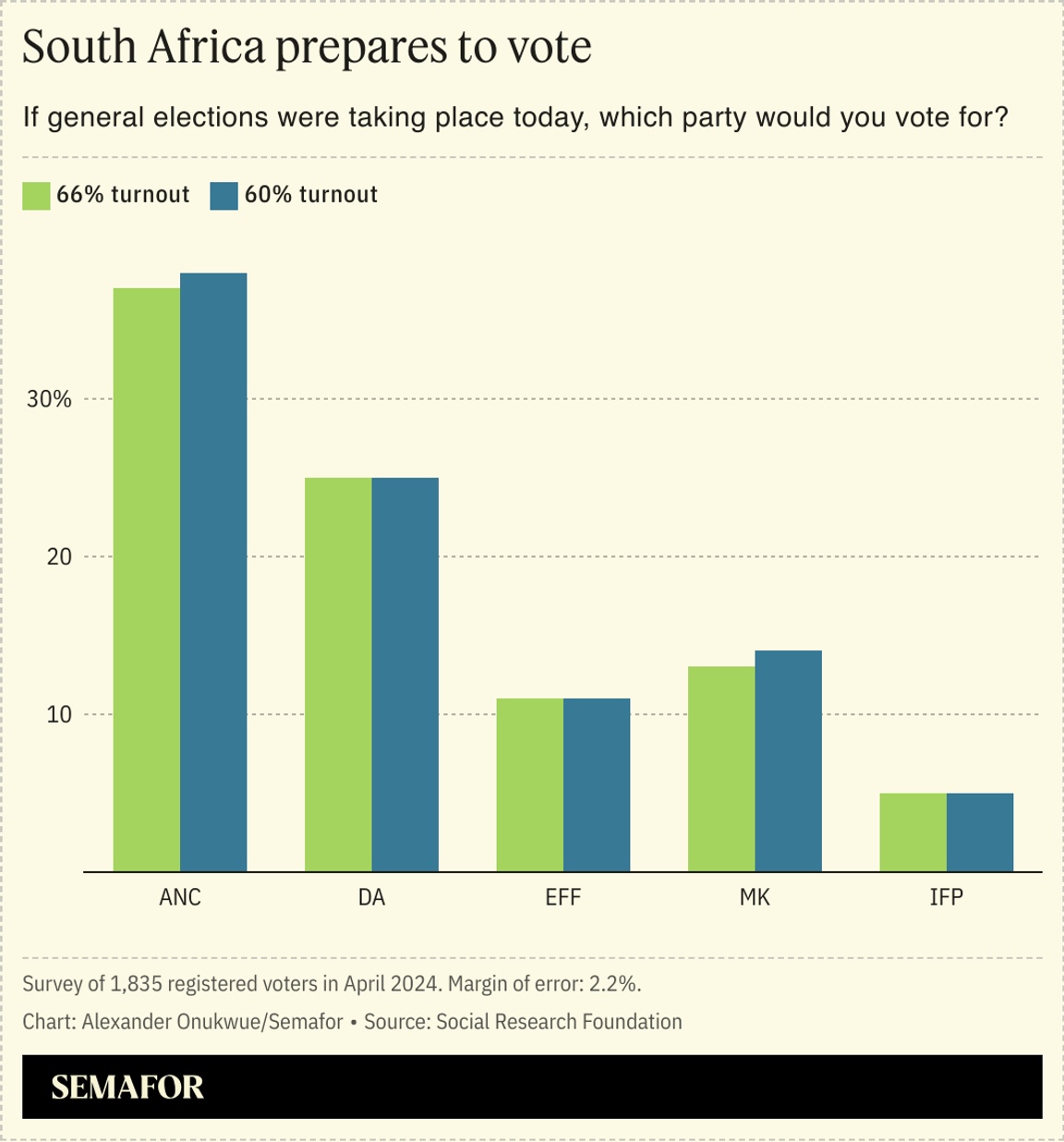 “Through much of 2022 and 2023 the Foundation polled ANC support at near 50%. That figure is now down by roughly the same margin that the MKP has grown,” the SRF said in its report. The Foundation stated that in earlier surveys, going as far back as 2022, it “found that up to a third of voters who were then intending to vote for the ANC were vulnerable to departing the party.” The ANC has governed South Africa with a parliamentary majority since coming to power in 1994, following the end of apartheid. Zuma was South Africa’s president between 2009 and 2018. He resigned amid allegations of endemic corruption across government and state-run companies and was succeeded by his deputy, Cyril Ramaphosa, the current president. He was sentenced to 15 months in prison in 2021 after refusing to testify during a financial corruption investigation but was freed on medical parole after two months. He declared his support for the newly-formed MKP in December and has led its election campaign. The SRF’s report said Zuma had “very strong favorability scores in “key political constituencies.” — Alexis |
|
| World Economy Summit 2024 |
 Akinwumi Adesina, President, African Development Bank; Xavier Becerra, U.S. Secretary of Health and Human Services; Raj Shah, President, Rockefeller Foundation; Andrew Steer, President & CEO, Bezos Earth Fund; Ndidi Nwuneli, CEO, ONE. Campaign and Ani Dasgupta, President & CEO at World Resources Institute will join the Rising Global Middle Class Session at the 2024 World Economy Summit to discuss the debt burden developing countries are facing today and how governments and private sector players can foster economic growth to create greater opportunities. April 18 | 9 a.m.-12 p.m. ET | Washington, D.C. |
|
Probe demands follow killing of Ethiopian politician |
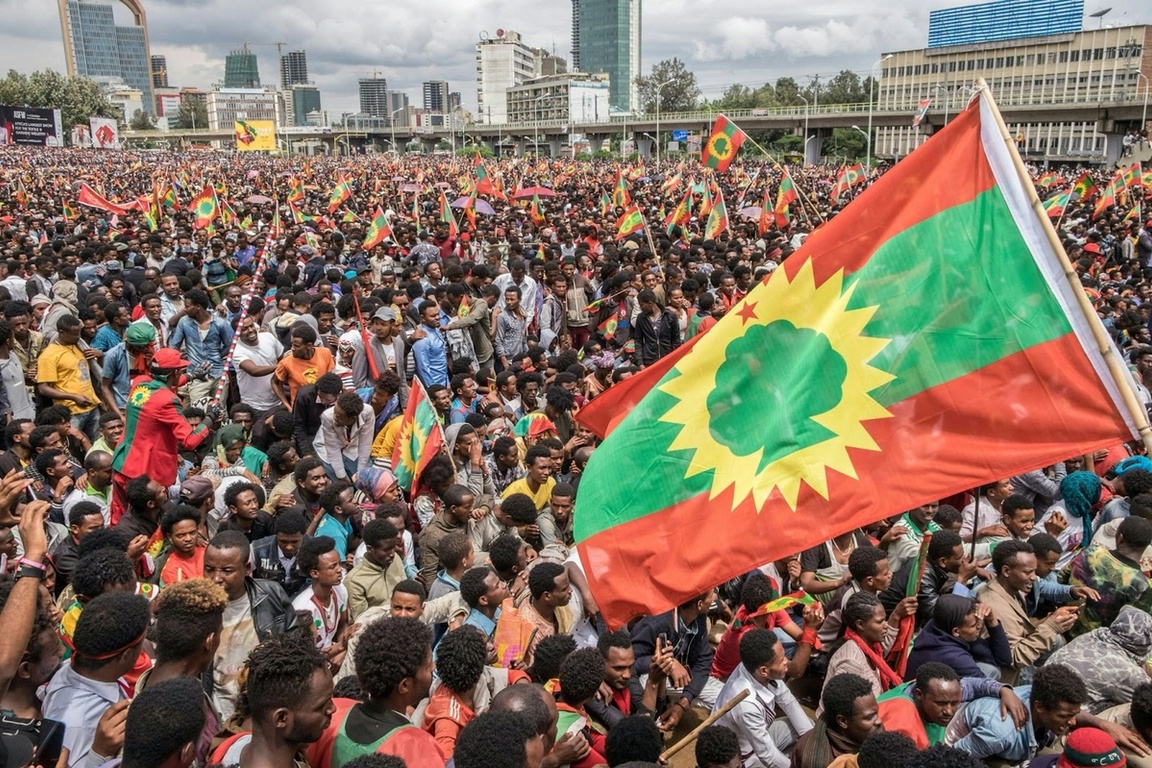 Yonas Tadesse/AFP via Getty Images Yonas Tadesse/AFP via Getty ImagesThe Ethiopian Human Rights Commission (EHRC) is demanding a full investigation into the execution-style killing of prominent opposition politician Bate Urgessa. The 41-year-old was the communications chief of the Oromo Liberation Front (OLF) whose military wing, the Oromo Liberation Army (OLA), is considered a terrorist entity by Ethiopia’s government. Frequently harassed by the state for his political activities, Urgessa was a high profile critic of Ethiopia’s government. He was most recently detained by Ethiopian security forces for “conspiracy to spread chaos.” He was arrested in February along with a French journalist from African Intelligence during this year’s African Union summit. Urgessa was shot dead on Tuesday night and his body was discovered the following day beside a road in his home town of Meki, reported the Addis Standard. EHRC commissioner Daniel Bekele wrote on X, formerly Twitter, that “authorities must hold those responsible to account.” Some fear the death of the veteran Oromo politician might spark a new wave of violence within the conflict-prone Oromia region. Hachalu Hundessa, an Oromo artist and government critic, was killed under similar circumstances in 2020 in Addis Ababa, two years after Abiy Ahmed became Ethiopia’s prime minister. His death, which the government promised to investigate, sparked widespread conflict across the Oromia state in which around 160 people died. There were also nationwide protests. There has been an attempt at peace engagement between Ethiopia and OLF, most recently last year in Zanzibar, but that has yet to bear fruit. Meanwhile, both the Oromia State government and the OLF have denied any involvement in the recent killing of Urgessa. — Samuel Getachew in Addis Ababa |
|
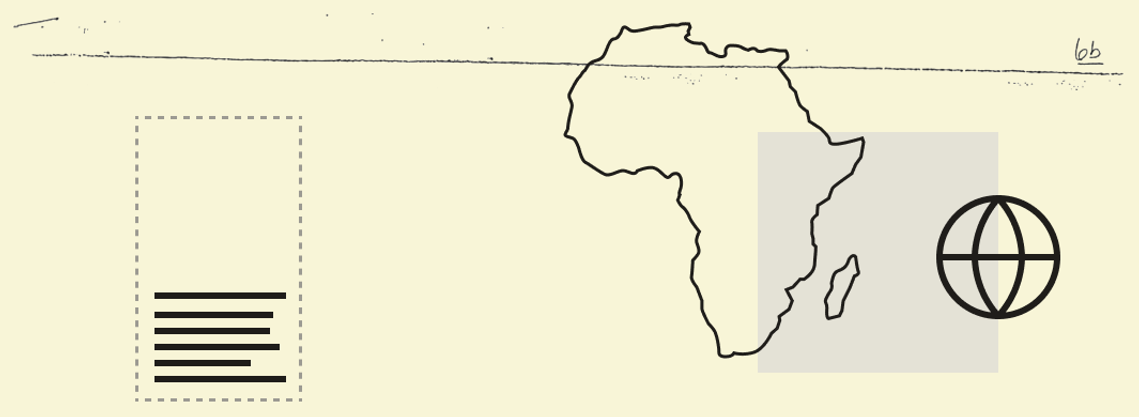 Governance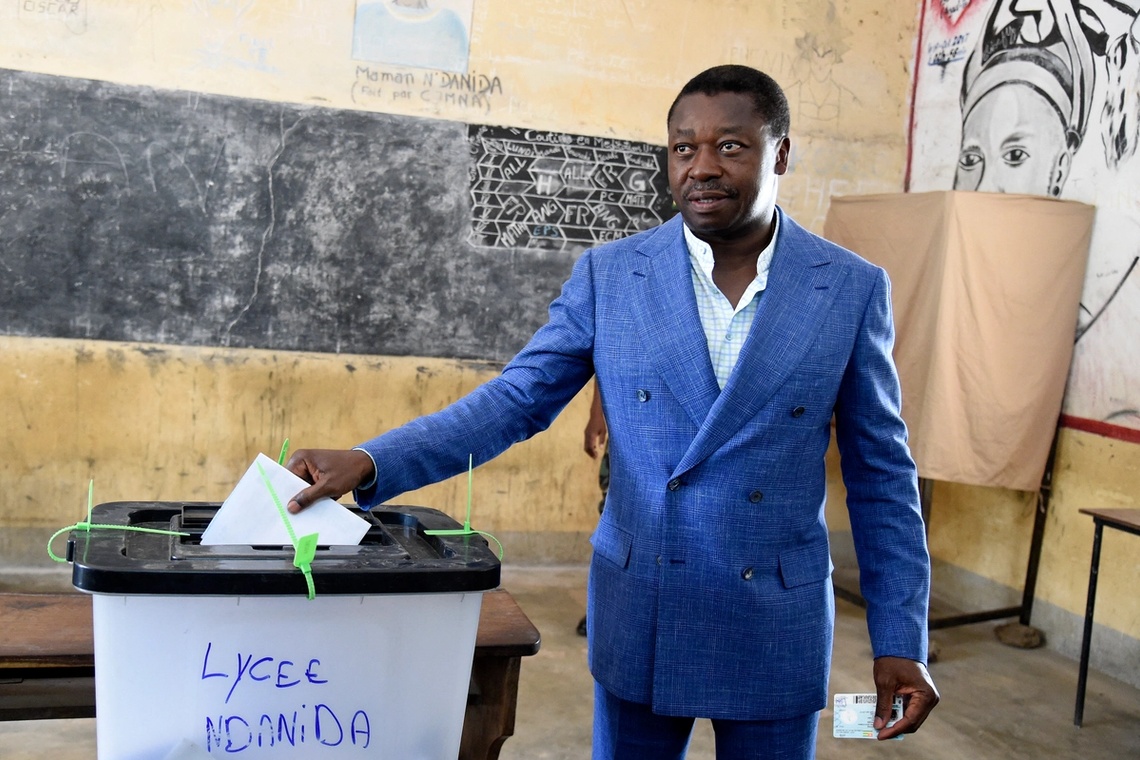 Pius Utomi Ekpei/AFP via Getty Images Pius Utomi Ekpei/AFP via Getty Images🇹🇬 Togo will hold legislative elections on April 29, the government announced on Tuesday. The election was delayed after a contested constitutional change that opposition parties said was aimed at keeping President Faure Gnassingbe in power. 🇿🇦 South Africa’s former president Jacob Zuma can run in the May 29 presidential election on the ticket of the uMkhonto weSizwe Party, an electoral court ruled on Tuesday. It overturned the electoral commission’s decision to bar him after he was sentenced to 15 months in prison in 2021 for defying a court order. 🇲🇱 Mali’s junta issued a decree on Wednesday halting political party activities and “associations of a political nature” until further notice on the grounds of maintaining public order. The country has been under military rule since August 2020. 🇱🇷 Liberia’s Senate on Tuesday backed a resolution to establish a war and economic crimes court, after the lower house of parliament voted in favor of its creation last month. It marks a step towards accountability after two civil wars that killed 250,000 people between 1989 and 2003. 🇳🇬 Nigeria has recovered 30 billion naira ($24 million) in an ongoing corruption probe into the country’s suspended poverty minister Betta Edu. President Bola Tinubu initially ordered an investigation into her ministry in February after $640,000 of public funds were allegedly diverted to her personal bank account. Geopolitics🇷🇼 🇬🇧 Rwandan president Paul Kagame and U.K. prime minister Rishi Sunak on Tuesday said a plan to send undocumented migrants to the East African nation would proceed, despite fresh legal concerns. 🇮🇳 India is set to send four Defence Attachés to four of its missions in Africa for the first time, The Hindu reported, citing sources familiar with the matter. Indian missions in Côte d’Ivoire, Mozambique, Ethiopia, and Djibouti are being considered in the move. 🇺🇬 Uganda will sign bilateral labor agreements with Oman, the U.K, and Canada in a bid to expand its skilled labor export market, the labor ministry announced. The East African nation signed an agreement with Qatar last week to facilitate the safety of migrant laborers who work in the country. Climate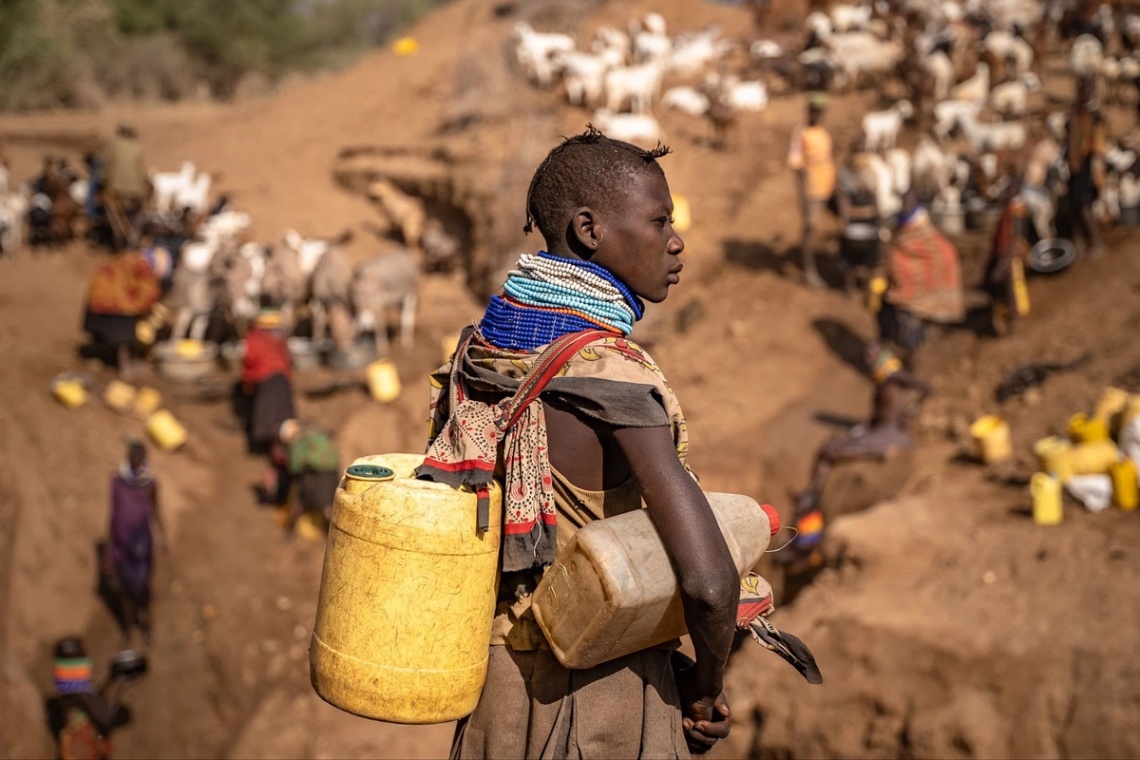 Simone Boccaccio/SOPA Images/LightRocket via Getty Image Simone Boccaccio/SOPA Images/LightRocket via Getty Image🇰🇪 Pastoralist communities in northern Kenya have earned 1.7 billion Kenya shillings ($13.1 million) from carbon credits over the last three years. The communities have embraced soil carbon removal through sustainable grazing management, a first-of-a-kind project that enables carbon capture by increasing grass cover. 🌍 Elevated levels of heat stress are expected in some parts of Kenya, Ethiopia, South Sudan, and Somalia in coming days, the Climate Predictions and Applications Center said. The extreme heat comes even as most regions are witnessing heavy rainfall. Deals🌍 Verod-Kepple Africa Ventures raised $60 million for its first fund, which will see it invest in 21 growth-stage companies. 🇬🇭 Ghanaian mobile money startup Zeepay raised $3 million from Verdant Capital Hybrid Fund, a firm with multiple locations in Africa. 🇰🇪 SunCulture, a provider of solar-powered irrigation products in Kenya, raised $27.5 million from investors that include InfraCo Africa, Acumen Fund, The Schmidt Family Foundation, and Netflix co-founder Reed Hastings. |
|
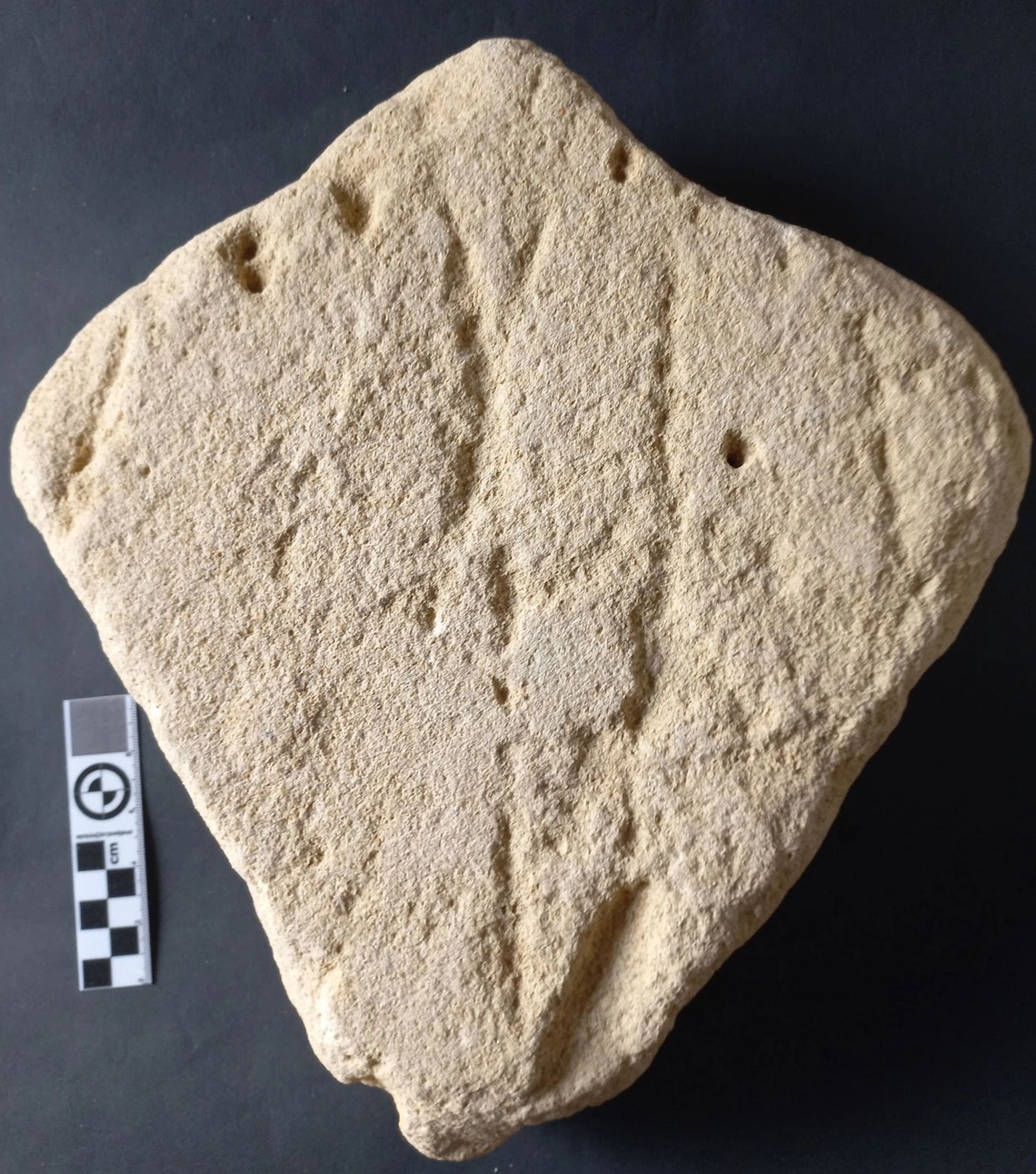 Charles Helm Charles HelmResearchers in South Africa have discovered hints about how early humans developed art. A team studied an unusually symmetrical rock shaped like a stingray that was found near Still Bay, about 330 kilometers east of Cape Town, in 2018. In an article published in the journal Rock Art Research, the researchers suggest the rock could represent a sand sculpture of a blue stingray. By dating nearby rocks, the team was able to determine that the sculpture may have been created during the Middle Stone Age, around 130,000 years ago. If they are proven to be correct, the researchers added, it would “not only push back the time when our distant ancestors first created art of another species, but could also help explain … the seemingly sudden appearance of magnificent art on walls deep within caves in western Europe.” |
|
 If you’re enjoying the Semafor Africa newsletter and finding it useful, please share with your family and friends. We’d love to have them aboard too. Let’s make sure this email doesn’t end up in your junk folder by adding africa@semafor.com to your contacts. In Gmail you should drag this newsletter over to your ‘Primary’ tab. You can reply to this email and send us your news tips, gossip, and good vibes. — Yinka, Alexis, Alexander Onukwue, Martin Siele, Muchira Gachenge, and Jenna Moon |
|
| |